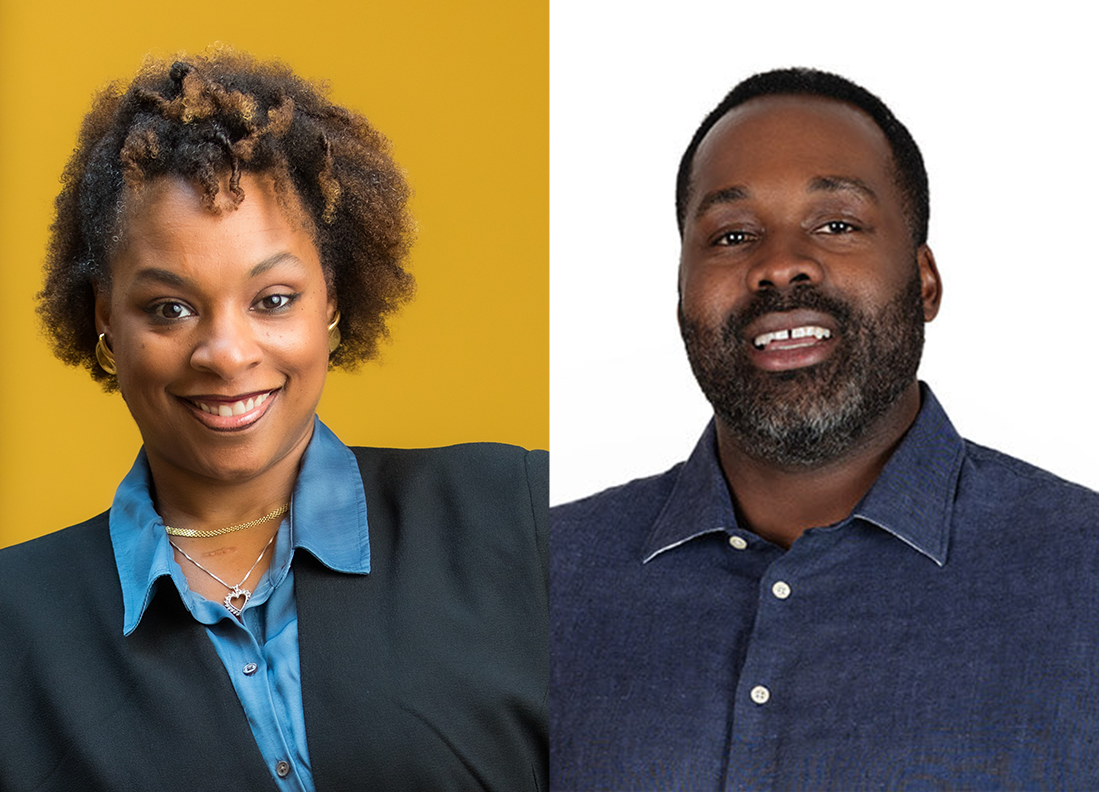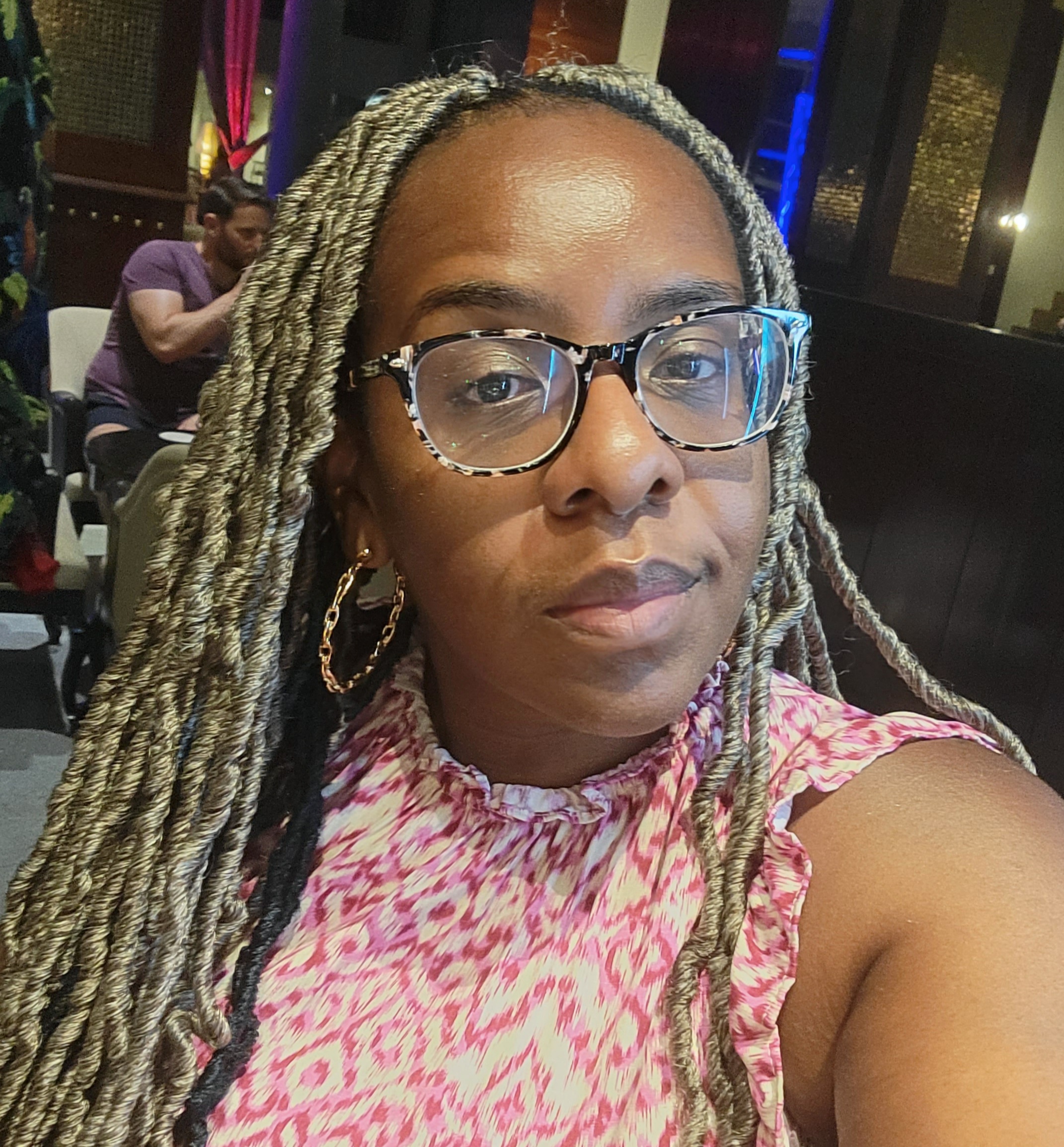When you hear the name Mozilla, you likely think of Firefox, the open source web browser. But those in-the-know also recognize it as the software company backed by a non-profit and dedicated to internet health and privacy; one of the only few women-led technology companies; and a challenger-brand that aims to put its users first.
Over the past several years, Mozilla has been busy building on its heritage and creating impact beyond its flagship privacy products with new products such as Pocket, a distraction-free and go-to app for reading; and Hubs, a more accessible way to collaborate in mixed reality – no VR headset needed.
“There are so many areas where people are starting to fear technology, and it’s not that they’re fearing technology itself,” says Leigh Felton, Mozilla’s VP and Chief of Staff. “They’re fearful of the abuse from other organizations who are not using technology responsibly. But technology itself can be a significant benefit and value add to society.”
For Felton, who only recently joined the company after years in the public sector and more traditional corporate tech sector, one of her priorities at Mozilla is to help educate consumers about the fact that they have a choice when it comes to who uses their data and how that information is used.
“Mozilla plays a leading role in so many just beautiful, amazing projects,” she explains. “In this operational role, one of the most important things for me is making sure that people understand all that Mozilla advocates for; and being able to explain that in a way that is easy to understand.”
The company expands on its “Internet for people, not for profit” motto with The Mozilla Manifesto, their “pledge for a healthier internet” that is inclusive of all – really, a series of aspirations for what the internet could be, regardless of demographic or access.
When asked what part of Mozilla’s mission she feels most connected to, Felton responds: “For me, it’s about that notion of having a choice and not accepting the default. The key difference between us and the major tech companies is that we are first and foremost an advocacy organization and answerable to a nonprofit, the Mozilla Foundation, rather than corporate shareholders.”
She continues: “It’s like, you gotta accept all the cookies, give your data and everything away, and that’s just how the world is now. People are being led to believe that those default settings are the only option. The point of Mozilla is to demonstrate and drive awareness to the fact that you don’t have to give yourself up to be online and do the things that you love.”
Offering these choices means approaching innovation and even advertising a little differently than other organizations. Rather than developing and marketing products with the sole purpose of turning over a profit, or following industry trends while only thinking about ethics and responsibility on the back end, Mozilla leads with what is best for the consumer.
“A lot of companies don’t think about ethics until the end,” Felton says. “By the time they ask whether or not products are ethical, they’re too far down the road, and it’s harder and more expensive to turn back and make responsible changes. Technology not harming people is critically important, but on the flip side of that, if we build technology from the ground up with people in mind, then it’s not an afterthought. It’s actually a first thought to make sure technology is benefiting people.”
That desire to “make the internet healthier for everyone,” as the company’s website outlines, also means prioritizing ecosystem-level innovation and product development outside of Mozilla corporate, says Imo Udom, the company’s SVP of Innovation and Ecosystems. His team approaches every project from the perspective of how it can impact the greater tech ecosystem within which Mozilla’s brands and products operate.
“Part of my job is pretty traditional,” Udom explains. “It’s creating new products and services, experimenting and fostering a culture of innovation and experimentation internally. But the more exciting part of my work is helping Mozilla to really think about the larger tech ecosystem piece being critical. For example, one of the things we always talk about is how to make sure that people around the world and in different regions can have access to our products.”
The answer lies in Mozilla’s approach to recruiting employees, Mozilla fellows, partners and collaborators. In Africa, for example, Mozilla’s Africa Mradi team is focused on identifying and supporting local entrepreneurs and telecommunication organizations that care about access, in an effort to promote innovation, community and product development grounded in the unique needs of internet users in African countries.
“It’s not about coming into the African continent and pushing our products,” Udom explains. “It’s about Mozilla being truly non-extractive and taking a local approach in how we engage on the continent. So we’re hiring people locally, using local vendors, looking for opportunities where we might help the local ecosystem at scale.”
That approach is echoed with the recently announced Mozilla Ventures. Guided by the Mozilla Manifesto, the new impact venture capital fund aims to support ethical technology start-ups and founders who often struggle with finding investors or incubators that are mission-aligned. Even before the project was publicly announced, Mozilla had already chosen to invest in Secure AI Labs, Block Party and HeyLogin – all companies aligned in keeping our digital world more private and respectful of users.
There are other community-driven innovation projects on the way, Udom promised while remaining tight-lipped.
“What I can share is that the goal of these programs are to bring together a set of highly aligned, mission-driven individuals and organizations that are all working on different components needed to build a fairer and more effective internet,” Udom expands. “We bring them into a community, with the idea that they can not only accelerate each other’s work, but also generate new ideas. Those ideas can then become projects they build together; projects they tap Mozilla to help build; or innovations that we can then take to other organizations that can work to develop these solutions.”
How does a software company operate with such an altruistic mission, you might ask?
“Mozilla Corporation is owned by the non-profit Mozilla Foundation,” says Udom, adding that this was one of the key factors that brought him over to the company a little over a year ago. “Which means we’re really driven by doing what’s best for the users. I know a lot of organizations talk about that, but it’s really in our DNA, it’s in our structure. We don’t have to maximize profits or always try to gain all the value for everything we do. We can truly prioritize what’s right for the ecosystem and the users.”
Powered by its history and reputation in its industry, Mozilla is able to offer thought leaders the opportunity to take their vision further than might be possible elsewhere.
“In the startup world, you have a lot of opportunity to move quickly, try things and push the envelope,” Udom offers. “But you don’t really have the brand recognition or history that attracts talent or funding towards you. What’s really special about Mozilla is that even when we experiment and try things, because we’re a trusted brand that cares about privacy and security, people perk up.”
The other benefit Udom has noticed is that Mozilla’s corporate fearlessness and eagerness to experiment is also pushing other companies to think more altruistically.
Mozilla’s “people first” approach also impacts the way the company views inclusivity. Beyond creating products and services that are widely available – even in non-Western regions of the world – Udom says it’s vital to him to ensure that Black and brown people get to be part of the greater mission of shifting the tech ecosystem.
“Genius is evenly distributed around the world. But opportunity is not,” he says. “We’re creating something new that’s impacting the world in a positive way. I want to give our people the opportunity to be a part of that.”
Want to join a team where you impact the world in a positive way? Learn more about careers at Mozilla and feel good about your work again here


